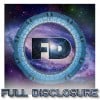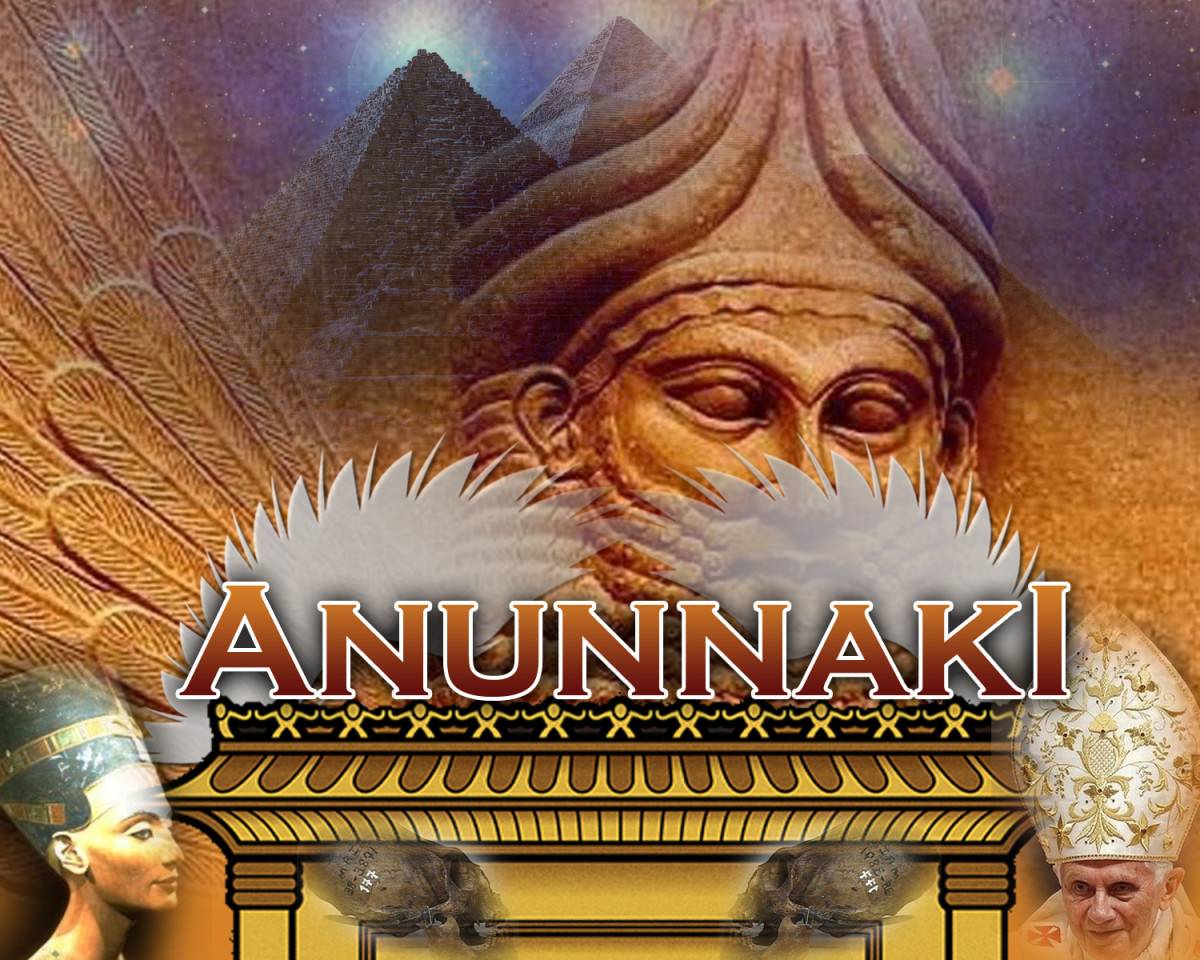College Student Seeks the Truth
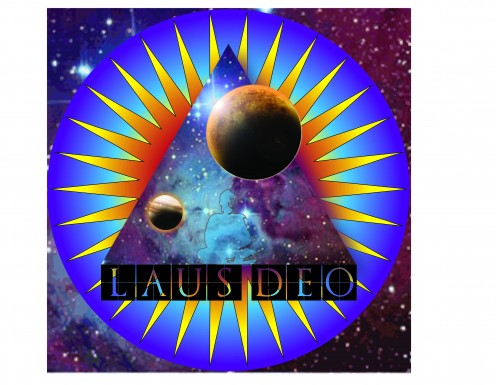
Related Books

Learn to Feel the Truth
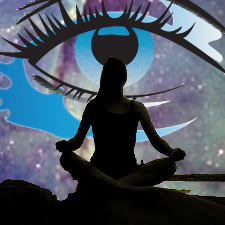
Stair Way To Heaven
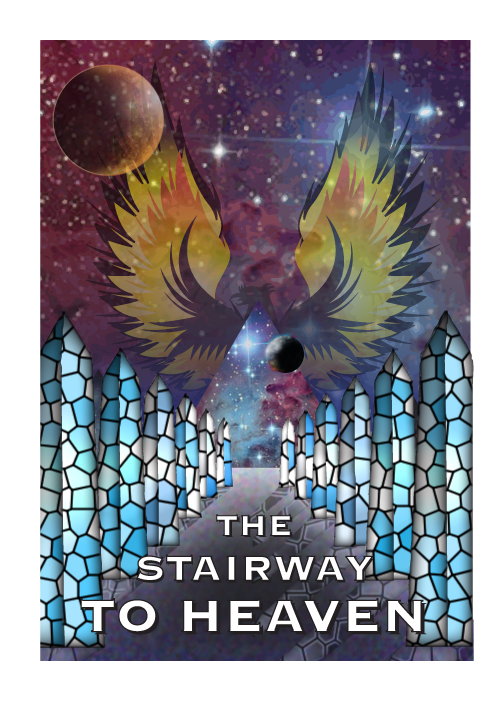
Elusive, Controversial and Concealed . . .
First year College Student Seeks the Truth (at age 47) and writes essay on the subject, but finds no one at his school or in his community is willing to discuss the topic. I found the truth to be elusive, controversial and often concealed. It really comes down to ones perspective and what one is willing to believe.
I have always been fascinated with the topic of the truth of the origins of our species and the beginnings of written history, which orthodox history would have us believe started in Ancient Sumer, with the discovery of 30,000 clay tablets only recently translated by Zecharia Zitchin.
The final assignment for my first year English class in college was to pick a word and write an essay about it, five to seven pages. Thinking I was being clever and not realizing the complexities involved I thought that I could combine two subjects and explore what ancient man believed to be true, so I picked the word the Truth, wow was I in for an education.
The first thing I discovered rather quickly was that no one was really interested in discussing the truth past or present, but were more than willing to suggest authors or books on the subject. This aversion to talking about the truth puzzled me in the beginning of my research, but as time went on it became clear.
Some of the books I read while researching the Truth:
- The 12th Planet by Zecharia Sitchin
- The Portable Nietzsche Edited and translated by Walter Kaufmann
- FingerPrints of the Gods by Graham Hancock
- The Golden Bough by James George Fazer
- Hamlet's Mill by Giorgio de Santillana and Hertha von Dechend
- Forbidden Archeology by Michael A. Cremo and Richard L. Thompson
The more I read the more questions I had and left many comments on many different sites asking for clarification on topics of interest. The absorption of knowledge is a good thing, but due to the nature of a theory (many of which lack hard evidence) what is one to believe?
This lead me to determining how one perceives the truth and although many philosophers have debated this issue from time immemorial, Fredrich Nietzsche's approach made the most sense to me. He contends that the only way to arrive at the truth is to approach it from as many different perspectives as possible through objective reasoning.
He goes on to say that most people tend to settle on the easiest explanation without looking for other possibilities and that is why censorship is so effective. After all if you don't have all of the pieces to a puzzle the mind has a tendency to make up the rest based on ones philosophy of the world (cognitive dissonance).
My own experience has taught me to keep an open mind on all subjects especially if you already have a preconceived idea of the truth. I agree that objective reasoning is important for discovering the truth, however instinct also plays a role and creating a balance between the two is essential in determining the truth.
One quote that I always try to keep in mind while researching any new topic is from the fictional character Sherlock Holmes The Sign of Four SIR ARTHUR CONAN DOYLE,
"When you have eliminated the impossible, whatever remains, however improbable, must be the truth."
When I began trusting my instincts, keeping an open mind and using objective reasoning I began to formulate a general consensus of my truth and the truth in general. Using the internet is a great way to absorb information, however the key is finding reputable sites and determining what is believable.
Two topics became of interest to me one was the Giza Necropolis and all that it encompasses and the other was an infamous event that took place almost ten years ago, but that many people are still uncomfortable talking about, 9/11.
While researching both I came across a loose knit grass roots organization (I use organization very loosely here) of intelligent internet users willing to point me in the right direction, but unwilling to spell it out for me. These users, were insistent that the only way for me to believe the information they were pointing me to, was to read it and decide for myself the truth of the matter.
However many of these users warned me that if I was truly willing to learn of the true nature of our existence and the planet we live on that it would change my life forever and I would never be the same person again . . . yeah right, whatever! (boy I should've listened!)
The more I read the more I realized that a large amount of history, theory and ideas had been left out of my education and that most of it was done on purpose as the reality of many events and ideas were incredible worrisome to even contemplate. I could fill a whole hub page with events in world history that have been misrepresented for obvious reasons.
Gloria Steinem said,
"The truth will set you free, but first it will piss you off.",
and she was right.
Then one day while reading a manuscript that had never been published and understandable so, called The Terra Papers written by Robert Morning Sky, a story about an alien whom had crash landed on Earth and been living with some American Indians on a reservation in Southern New Mexico in the early 1900's, all of the pieces of the puzzle fell into place for me. I believe it was the history of our solar system as told from a alien perspective that allowed me to have that certain epiphany everyone always talks about.
When the epiphany hit me it was like a ton of bricks and my jaw literally dropped, "Oh My God" I believe were my exact words. I instantly realized that it was no wonder that more people didn't accidentally stumbled upon the truth as it was so incredible fantastic that no one would ever possible believe it, if they don't find it for themselves. I was truly stunned and just sat there contemplating our existence and realizing almost immediately why the truth has been hidden from the masses for so long.
Those that had helped me on my quest for the truth were right, my life and the way I think of our world and our existence, could never be the same again. It made me realize that knowledge is power, but if I could find the truth anybody can.
College Student Seeks the Truth, but finds that the world itself isn't interested in knowing and that ignorance is truly bliss.
Why Conceal The Truth?
Fear of the unknown is usually the only motivation society needs to keep from even looking for the truth, especially if that truth could end up changing your perceptions of the world you live in.
One needs only to look at the way most of society viewed the nature of our world in the Dark Ages hundred's of years ago, thinking the world was flat. It is a common misconception that Christopher Columbus was out to prove to the World that it was round as opposed to flat. This concept was popularized in a book by Washington Irving on the Life of Christopher Columbus, when in fact the famous discoverer was really intent on finding a ocean passage to India, gold or slaves.
While some people may have seen their world as flat, many civilizations throughout written history have known that it was a globe and in fact the first globe or round map of the world was created in 1492, the year Columbus sailed to America (actually Haiti, but close enough).
So if you have gotten this far you are probable wondering why anyone would conceal the truth about the man who discovered what now is the greatest nation on Earth. Why indeed, the truth of Christopher Columbus' life is far different then the history books would have us believe, as matter of fact it is so different most people are unwilling to even consider it as the truth.
As Jack Nicholson said in A Few Good Men
"The truth, you can't handle the truth."
It is estimated that when he landed in Haiti in 1492 that 11 million Haitians lived there and when he left for good in 1502 only 3 million remained. Slavery and gold mining was big business in those days and surviving the journey across the Atlantic Ocean to Europe was not a good prospect, nor was working in the gold mines in Haiti where the punishment for not delivering your weight in gold the monthly tax of all natives in Haiti under Columbus' rule was to have your hands chopped off. Many Haitian's starved to death after becoming handless as they were unable to even feed themselves.
So one begins to see why the true history of Columbus may have been changed in an effort to spruce up his image. Bad PR to have the man whom America worships as the discoverer of this great country known to school kids everywhere as a butcher! This is just one example and really only the tip of the iceberg, as this College Student Seeks the Truth.
Truth Stands Alone
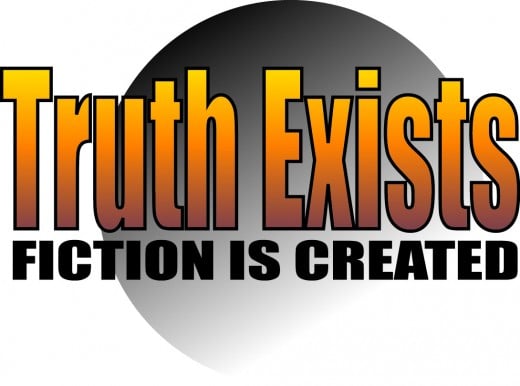
Links to Pertinent Sites Worth Seeing
- A Summary of "Terra Papers - The Hidden History of Planet Earth"
A perspective of our history as told from an alien, whom had crashed landed on Earth around the turn of the 20th century and lived on an American Indian Reservation. - Challenges of Change
Details channelled information on a wide variety of topics from UFO's to environmental pollution, global warming to economic collapse and geographical upheavals, not for the light hearted. - Genesis for the New Space Age
Describes the USA's research and development & eventual production of round winged aircraft (UFO's), Admiral Byrd's famous flight to the South Pole, Hollow Earth and much, much more all taken from sources inside the US Govt. and through the FIA. - Who Discovered Pluto?
Pluto is incredibly faint. You need a powerful backyard telescope to even see it as a dot, so its not surprising that Pluto wasnt discovered until the modern age. Who discovered Pluto? That was the astronomer Clyde Tombaugh or was it the Sumerians. - Forbidden Archeology - Secret Discoveries of Early Man - Bullet Version - YouTube
It's Indiana Jones meets The X-Files in this intriguing film that tackles the age-old question "Where did we come from? - The True Adventures of a Psychic Spy - An Interview with David Morehouse
Explains remote viewing and its use in Military Intelligence, form of astral projection, alien civilizations in our solar system, life on Mars, ancient mysteries, prophecy
Ancient Sumerians Knew . . .
The ancient Sumerians are credited for the first written records in modern history and yet to this day many people do not give them the credit they deserve . . . what gives? For instance according to the leading translator of cuniform, the written language the Sumerians used to inscribe the 30,000 clay tablets, Zecharia Zitchin in his book The 12th Planet describes a civilization that was well versed in astronomy.
They knew about the planet Pluto which was just recently 'discovered' in 1930 by Clyde Tombaugh. They inscribed detailed diagrams of our own solar system on temple walls and tablets and yet according to orthodox history had neither the means, nor the technology to discover this information for themselves.
If this ancient people had knowledge of astronomy that is being proven today using modern technology can we dismiss the other information they have as well or conclude that they were very primitive in comparison to modern man?
Here is a list of other books I found interesting in my never ending search for the truth.
- Challenges of Change written by Stanley A. Fulham
- Rule By Secrecy written by Jim Marrs
- Psychic Warrior written by David Morehouse
- Where Did The Towers Go ? written by Judy Wood B.S., M.S., Ph.D.
- Messages From Hollow Earth written by Dianna Robbins
- Stair Way To Heaven written by Zecharia Zitchin
- The Stargate Conspiracy written by Lynn Picknett & Clive Prince
and a manuscript written by John B. Leith, but never published called Genesis For A New Space Age which can be purchased at scrbd and well worth the read.
In conclusion I would like to say that the human condition is one of infinite curiosity and by the withholding of information it only fuels the quest for knowledge.
"Fear is the mind killer" Frank Herbert wrote in his classic sci-fi novel Dune. Fear prevents more people from recognizing the truth than the absence of facts.
I suspect that until we learn to cast aside our fear and embrace the freedom truth provides we as a society will never ascend our own self imposed limitations.
The only absolute truth I was able to find is that . . .
"I think, therefore I am."
I believe this quote can be attributed to the first person that realized
"Hey I'm naked"
and grabbed the nearest fig leaf, but that is another hub entirely!
This College Student Seeks the Truth still and will not let a few obstacles prevent me from climbing the road of knowledge where ever it may lead.
